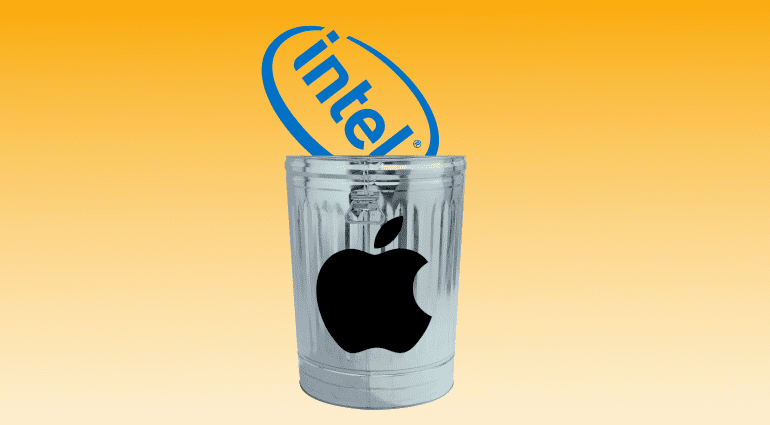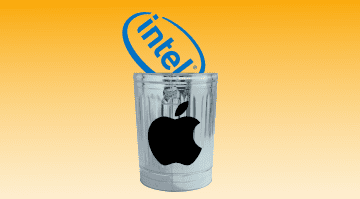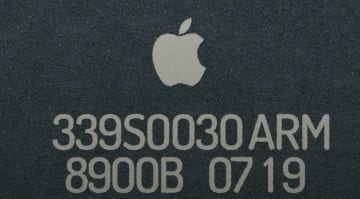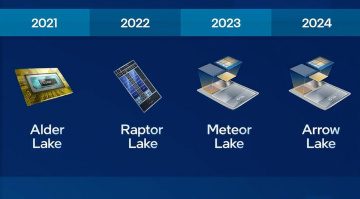Is Apple about to ditch Intel processors and present a new iMac?
Is Apple about to ditch Intel processors? Will new Macs run ARM processors? Is there a brand new iMac coming? The evidence is growing and so are Apple’s share prices…
Apple Waves Goodbye to Intel Processors
If you’ve had your ear to the ground on all things Apple, then you’ve probably heard rumours that Apple is planning a move away from Intel chipsets. Why is this big news though? Why should you care?
There are currently two different chipsets used throughout all their products: ARM processors, which you’ll find in your iPhone or iPad, and Intel x86 processors which are used only in their computers.
Much as you might like to think of Apple as a computer company, the truth is that their main sales volume is in mobile tech. Apple uses so many ARM processors, that they own their own ARM manufacturing plant. Obviously it makes more sense for them to switch to using chips of their own manufacture, across the board.
Rumours of an ARM-powered Apple computer have been kicking around for a while, but a “critical mass” of rumours have surfaced suggesting the switch could happen as early as June 22nd. If you go and take a look at Apple’s stock prices, you’ll also see that Apple’s share prices are trading high following these rumours.
New iMac with ARM Power?
June 22nd is also being touted as the release date for an all-new iMac; could this be the first Apple computer powered by ARM processors? Apple’s chip development has made huge advances recently with its A12 and A13 chips outperforming equivalent Intel chipsets. It seems reasonable to us that this could be the next major stage of development for Apple products.
An interesting possibility would be cross-platform software support and integration between their iOS devices and computer tech. Theoretically, code written for an ARM chip running RISC architecture will run on any ARM-based machine with enough processing power and memory to support it.
Importantly, Apple has a history of parallel software development, going back to the shift to Intel chipsets in 2005. We think it’s highly likely you’ll see all your favourite apps being supported across platforms.
Are we on the brink of an Apple revolution? Drop us a comment and let us know what you think!
3 responses to “Is Apple about to ditch Intel processors and present a new iMac?”









I’d be surprised if the iMac was the first Mac to switch to ARM. It’s mostly professionals and prosumers that buy the desktop Macs, and unless there has been a lot of third party development going on under the radar, there are a lot of apps that those groups need to use that won’t be ready for the ARM platform. I think the MacBook Air is the logical place to start the transition. But who knows… maybe Apple has a really great x86-ARM binary translator ready to go. And some really kick-ass ARM processors that outperform intel’s such that the translation process won’t be felt as much.
Bye Bye Hackintosh
I am long enough in the industry to remember the PowerPC to x86 transition (which was fairly smooth) and now the 64-bit only transition (which is still awful).
If they choose the emulation way (like in the PowerPC to x86 transition) this *might* work out ok. If Apple just decides to kill even more of my beloved older, specialized OSS software like with the 64-bit jump and notarization requirement the ARM jump would be yet another situation for some people to consider hopping over to Windows.
I am still very sceptical whether this will happen as they just made a bold statement with the new Mac Pro which is very far away from any ARM world. Perhaps they will support both platforms for years, which could be acceptable – but wouldn’t be an iPad Pro with keyboard and mouse much more feasible for students and casual users than a ARM MacBook Air?